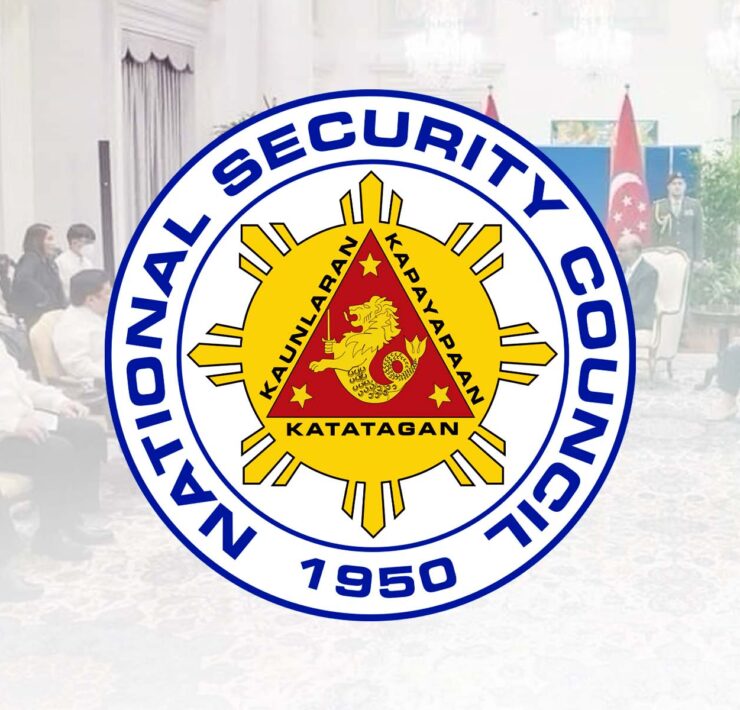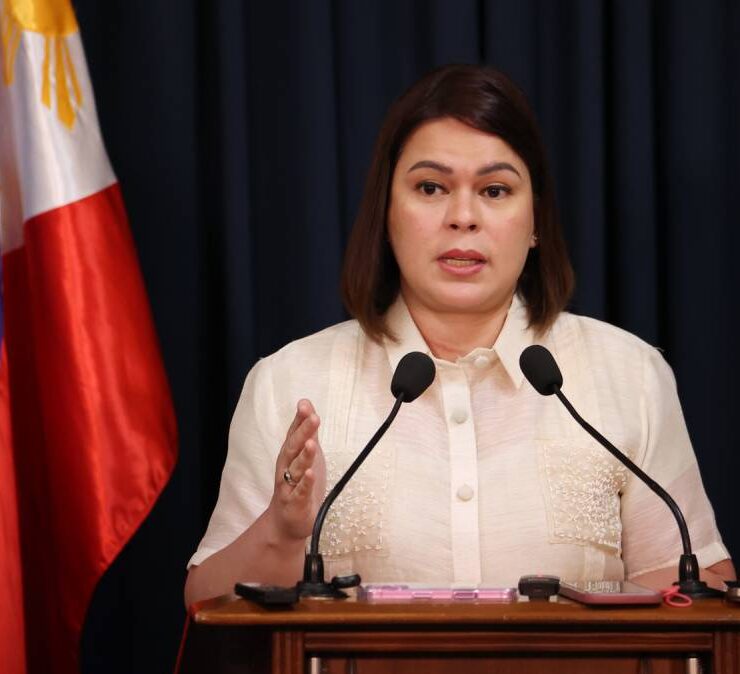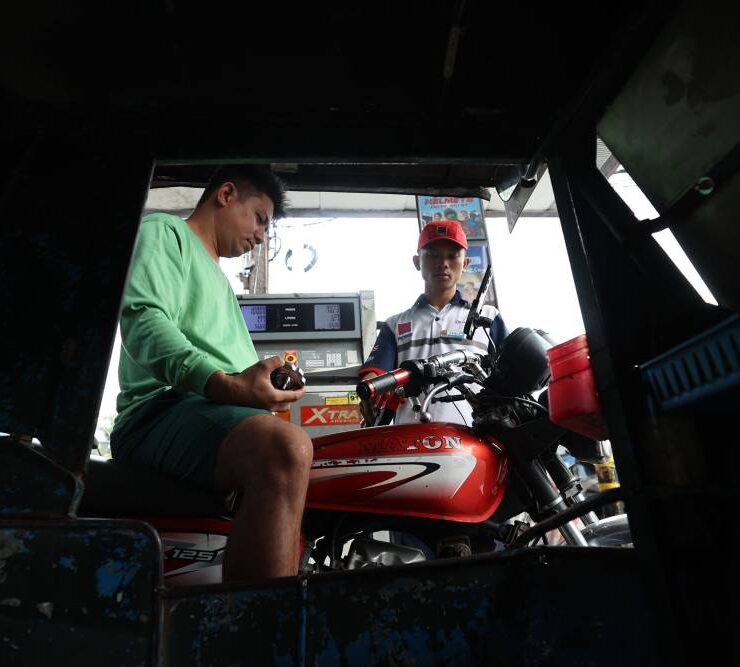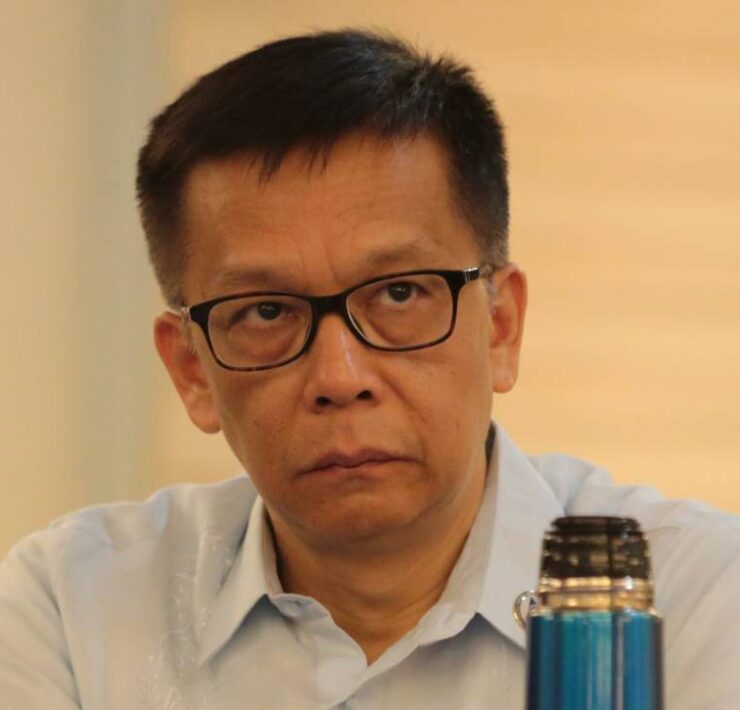BARMM struggles to be ‘whole’ again
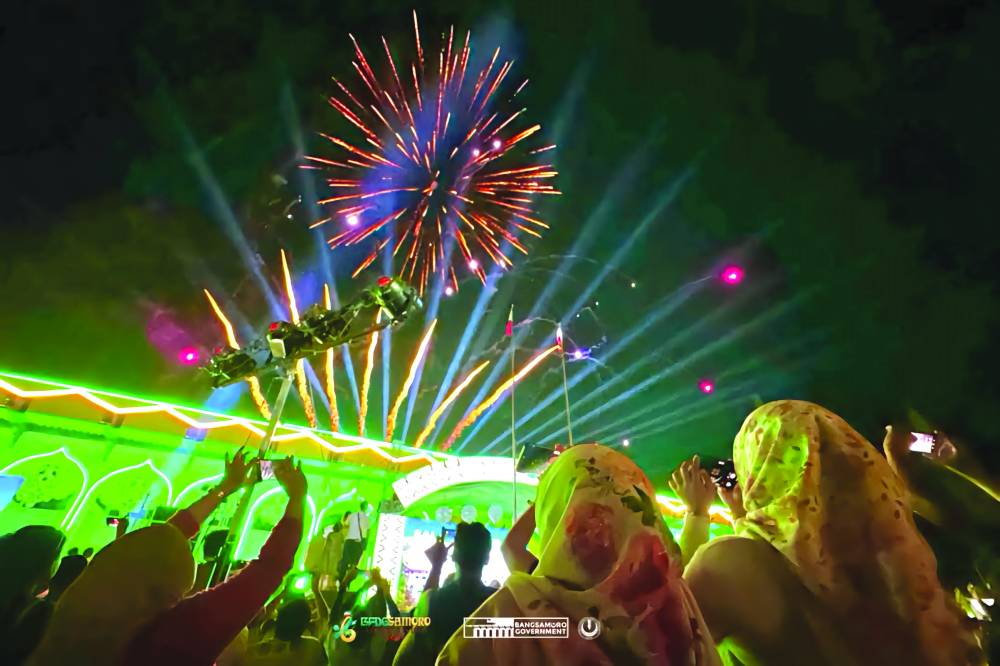
The vibrant colors associated with the different ethnicities of the Bangsamoro were in full display during the weeklong observance of the sixth founding anniversary of the Bangsamoro Autonomous Region in Muslim Mindanao (BARMM) from Jan. 20 to Jan. 25.
The festivities reflect the hopeful mood prevalent among the people in the region who had enjoyed the fruition of the promise of development with the dawning of peace in Moroland.
The forging of the Comprehensive Agreement on the Bangsamoro in 2014 between the government and the Moro Islamic Liberation Front (MILF), along with both parties’ commitment to honor and carry on the 1996 peace agreement with the Moro National Liberation Front (MNLF), had led to a major remake of the autonomy setup, founded on a recognition of Bangsamoro identity.
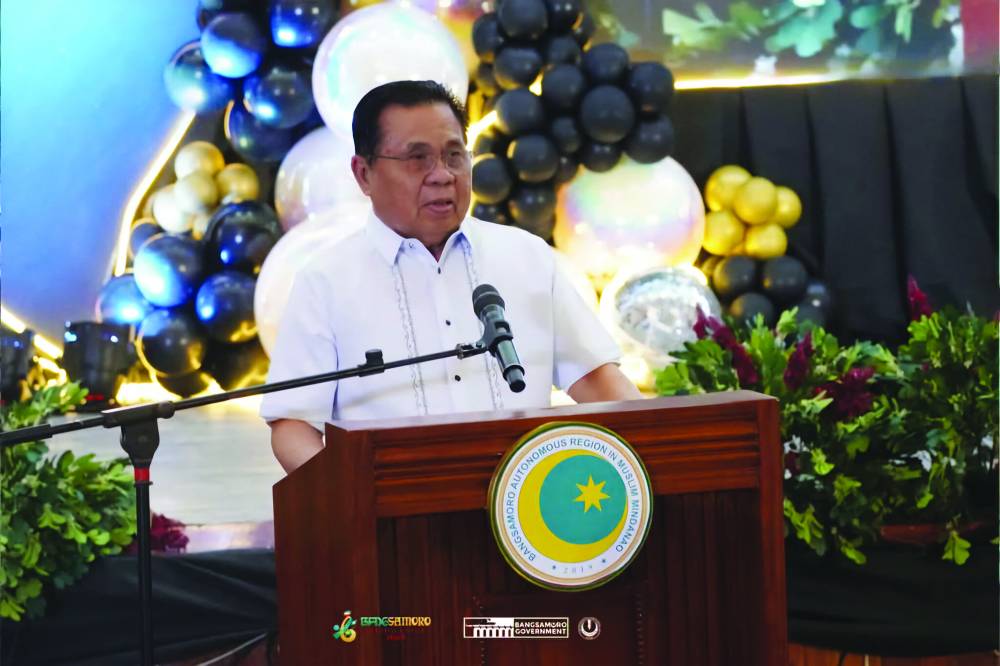
Through the Bangsamoro Organic Law (BOL) that was ratified in a plebiscite on Jan. 21, 2019, the autonomous government has far greater governance powers than the previous body established in 1989.
On top of it, the BARMM has a fixed 5-percent share of national government revenues, called the annual block grant, and receives additional funds mainly intended for rebuilding of war-torn communities.
With a greater amount of resources at its disposal, the regional government was able to embark on ambitious development initiatives that markedly improved the delivery of social services and the state of public infrastructure.
The postconflict transition also deepened business confidence in the region, attracting investments that sought to harness its immense potential for agricultural production and tourism.
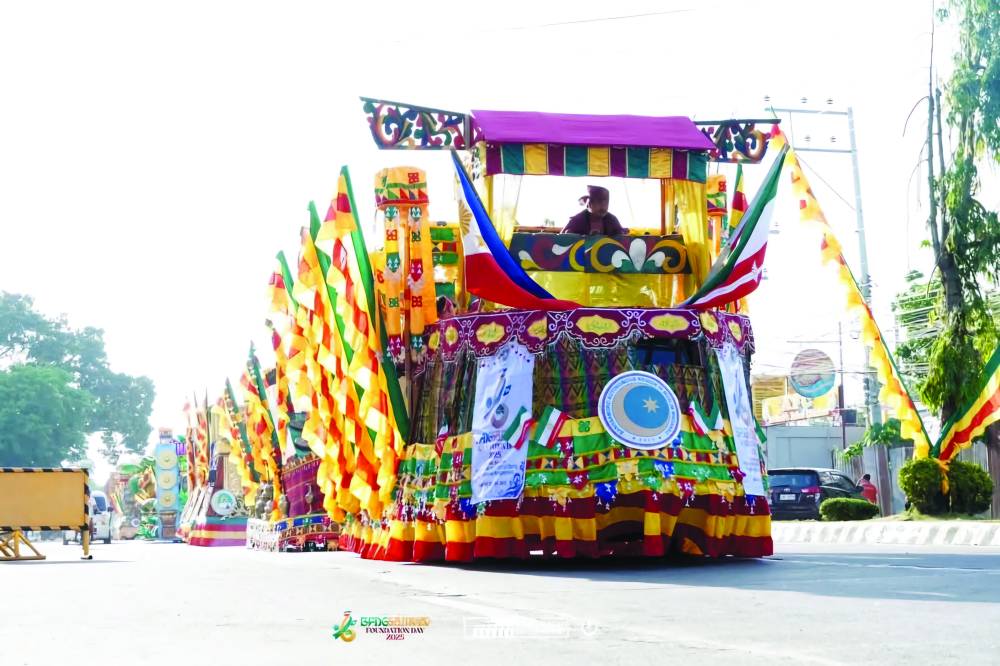
These opportunities are matched by a dogged determination by the current leadership of the transition government to overcome poverty, mirrored in interim Chief Minister Ahod “Al Haj Murad” Ebrahim’s injunction: “Indeed, the documents we signed and the laws we passed would be meaningless if these would not result in better living conditions for our people.”
Hence, what used to be the country’s perennial backwater is now an economic bright spot. From 52.6 percent in 2018, just before the onset of the BARMM, the region’s poverty incidence went down radically to 23.5 percent in 2023, per data from the Philippine Statistics Authority.
Sulu void
Noting this significant stride, Ebrahim proudly declared: “The BARMM is no longer the poorest region in the country. This is a testament to the power of unity; when we come together, we win.”
But amid the splendor of the founding anniversary festivities is the big void felt especially by the old guards of the Moro revolution whose tenacious handling of the struggle brought forth what is now the BARMM.
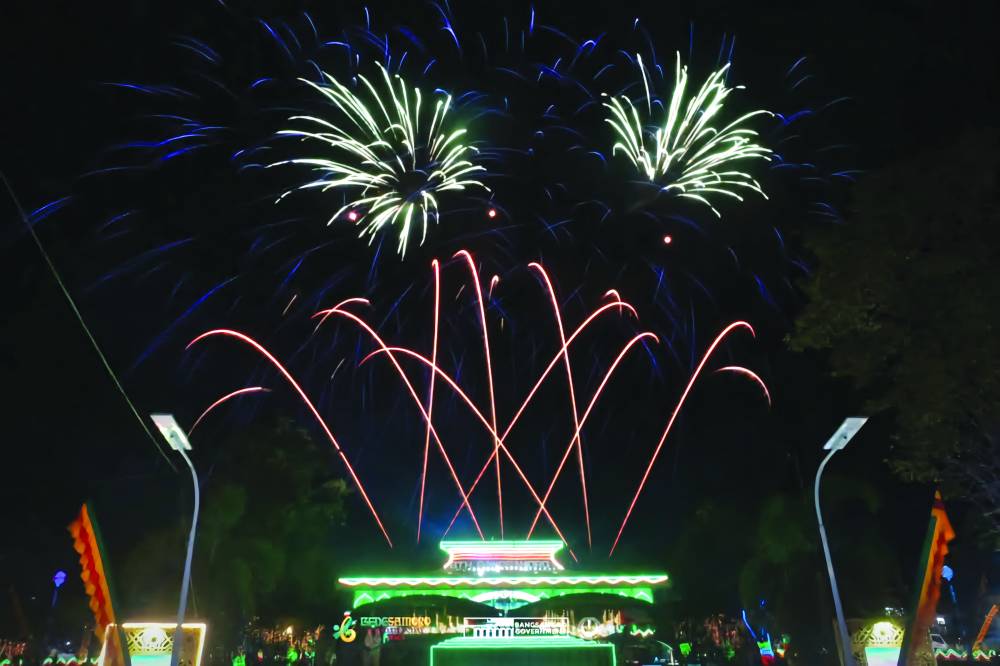
The Supreme Court had ruled in September last year that Sulu province was not part of the BARMM as those who voted to reject the BOL trumped by a slim margin those who voted to ratify it.
Without Sulu, only seven of 32 parliamentary districts would be unfilled, bringing down the parliament’s elected members to 73, instead of 80. Still, given that scenario, it would be awkward to inaugurate the first regularly elected Bangsamoro parliament on June 30, 2025, although there is no legal hindrance to it.
Run-in with Constitution
The exit of Sulu was a major setback to the Bangsamoro’s sense of political community as it was the cradle of the Moro revolution.
Upon the need to reallocate the seven seats from Sulu to the remaining political territory of the BARMM was premised renewed calls to postpone the parliamentary elections and extend, yet again, the institutional life of the Bangsamoro Transition Authority (BTA), the region’s interim government. (The polls were first reset under then President Rodrigo Duterte, from 2019 to 2022.)
Although the House of Representatives firmed up a measure last December to reset the regional polls to the second Monday of May 2026, and every three years thereafter, it eventually gave way to the Senate’s wishes, during bicameral conference committee discussions, to have it scheduled on Oct. 13 this year.
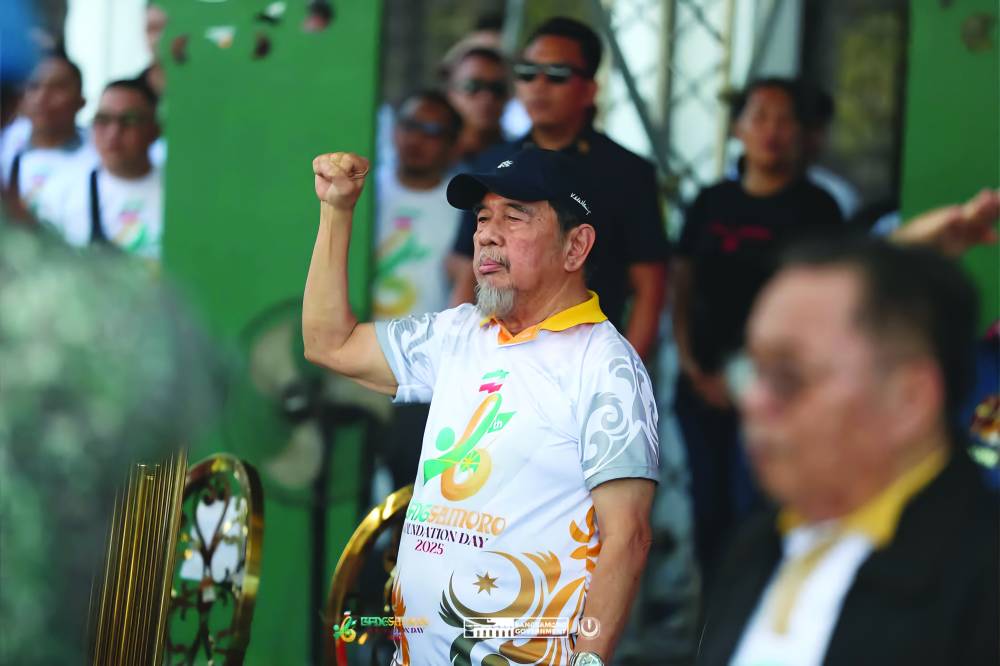
The harmonized measure was already ratified by the Senate on Feb. 4, and by the House the following day. Hence, apart from resetting the polls, the current set of BTA members will be on holdover until Oct. 30 this year, when those elected on Oct. 13 will assume office.
Further, the approved measure abbreviated the term of the first regularly elected members of parliament, from three years or 36 months, as mandated by the 1987 Constitution, to only 32 months.
Basilan Rep. Mujiv Hataman, who opposed the poll resetting, pointed to this legal question.
More questions
“We cannot simply disregard the constitution,” Hataman stressed.
According to the measure, the Oct. 13 polls “shall not be treated as a special election and shall be considered a continuation of the 2025 national and local elections.”
Emerging from the bicameral conference meeting on Feb. 4, Senate President Francis Escudero told reporters that the new schedule was firmed up to give government security forces sole focus on the BARMM to ensure peaceful conduct of the polls. A desynchronized balloting schedule for the autonomous region had been a long clamor by the military and police.
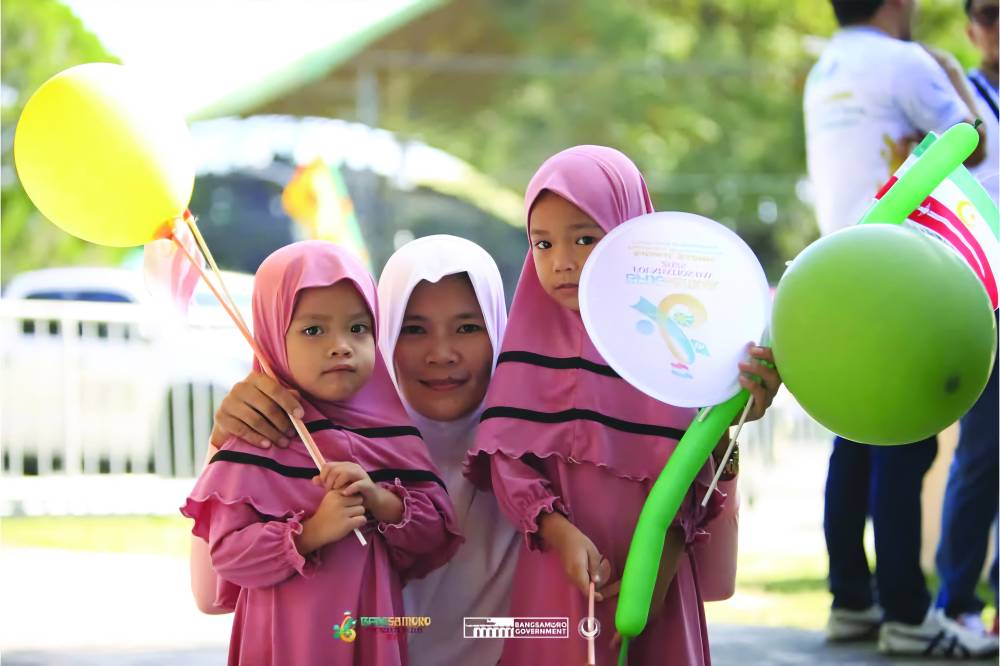
But it was not properly explained why this arrangement was made temporary as the succeeding parliamentary elections had to be in sync with the regular national and local elections. This is even the reason why the term of the first parliament members had to be shortened.
During the Senate deliberations, Sen. Juan Miguel Zubiri, among the principal authors of the BOL, brought out an interesting suggestion. Instead of focusing on the needed adjustments in the parliamentary seat allocations of the BARMM, it might be better to train attention on “bringing back Sulu” into the BARMM. That way, the seven parliamentary district seats can remain.
For that, Zubiri filed Senate Bill No. 2915 giving Sulu another shot at ratifying the BOL and hence, an opportunity to opt for inclusion in the BARMM.
Zubiri surmised that Congress would need sufficient time to muster such a measure hence pushed for a one-year postponement of the regional election. But now, there is only a five-month window to catch up before regional elections are held.
Six years after its founding, the autonomous region is faced with a major crossroad as it struggles to restore the Bangsamoro’s wholeness.
For this, it needs the political compassion and wisdom of the country’s leaders.
















